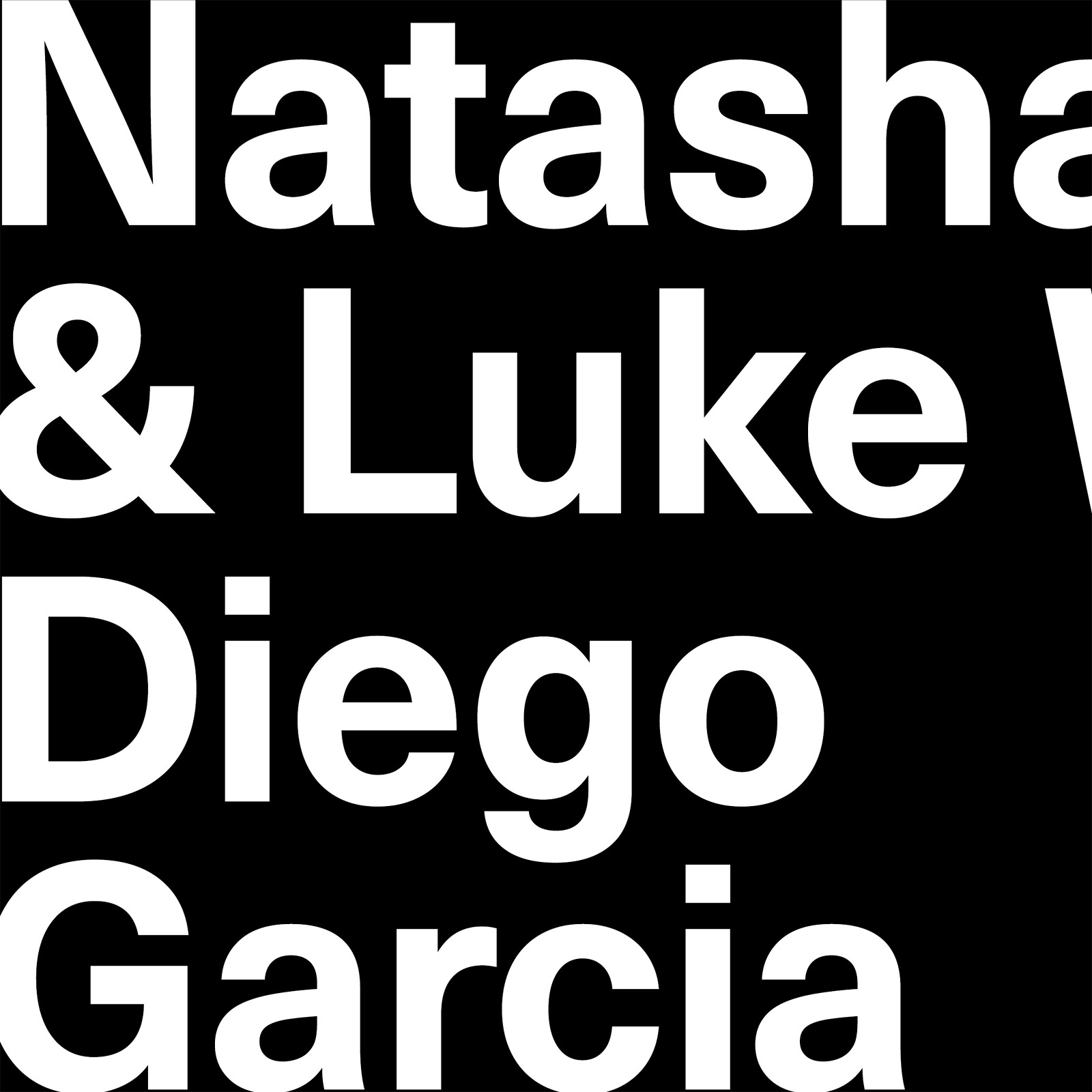Ben Eastham talks with authors Natasha Soobramanien and Luke Williams about their novel, Diego Garcia (Fitzcarraldo Editions, Semiotext(e) / Native Agents).
“Through the intricately woven histories and the corresponding fictions within fictions, the compassion expressed in Diego Garcia highlights the absence of it in those who, forsaking their obligations towards other human beings, exiled the Chagossians from their home. We see that until the Chagossian people are home, nobody is home.” –Vanessa Onwuemezi, author of Dark Neighbourhood
About the book:
August 2014. Two friends, writers Damaris Caleemootoo and Oliver Pablo Herzberg, arrive in Edinburgh from London, the city that killed Daniel—his brother, her frenemy and loved by them both. Every day is different but the same. Trying to get to the library, they get distracted by bickering—will it rain or not and what should they do about their tanking bitcoin?—in the end failing to write or resist the sadness which follows them as they drift around the city.
On such a day they meet Diego, a poet. They learn that Diego’s mother was from the Chagos Archipelago, that she and her community were forced to leave their ancestral islands by soldiers in 1973 to make way for a military base. They become obsessed with this notorious episode in British history and the continuing resistance of the Chagossian people, and feel urged to write in solidarity. But how to share a story that is not theirs to tell?
Natasha Soobramanien is based in Brussels. She is a writing tutor on the Lens-Based Media Masters Programme at Piet Zwart Institute Rotterdam.
Luke Williams is based in Cove, west Scotland. He teaches creative and critical writing at Birkbeck University of London.
More information on the Chagos Refugees Group can be found at thechagosrefugeesgroup.com.
